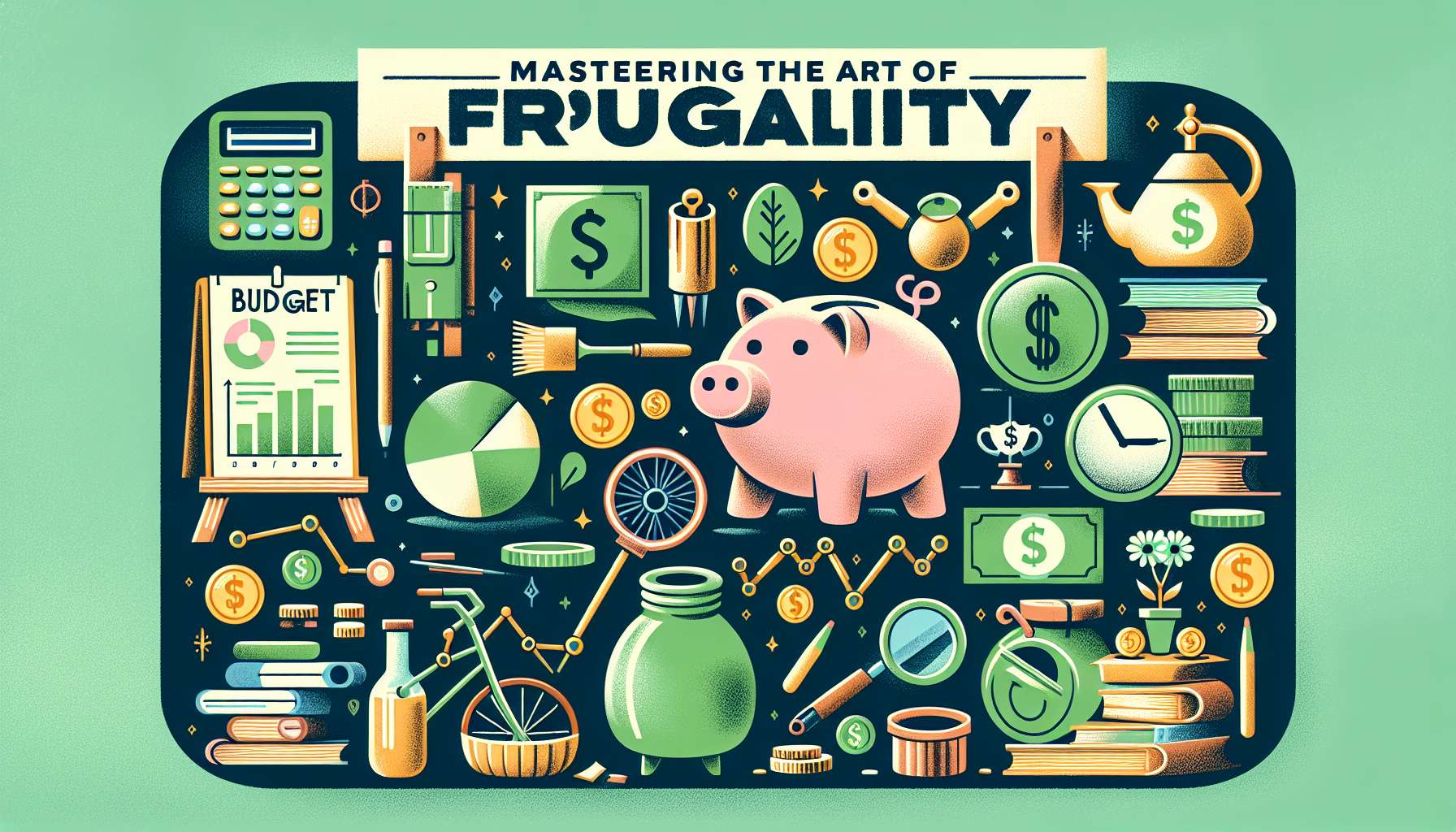Master Frugality: Essential Personal Finance Tips for Life in the USA


Mastering Personal Finance in the USA
Anúncios
Living in the USA can be exhilarating, with boundless opportunities and the aspiration of fulfilling the American dream. However, the high cost of living, encompassing housing, healthcare, and education, often poses challenges in effectively managing personal finances. Whether you’re a long-time resident or new arrival, grasping personal finance becomes essential for attaining financial freedom. Let’s delve into practical finance tips designed to help you save more, wisely spend, and thrive financially in this dynamic country.
Understanding your financial landscape is the first step in mastering personal finance. Before navigating the intricacies of financial management, it’s crucial to assess your current financial standing. This involves recognizing your income, mapping expenses, and evaluating debts. Taking the time to create a budget that mirrors your lifestyle and financial goals can provide clarity and set a solid foundation. With a clear picture of your finances, you can proceed to set achievable financial objectives that guide your spending habits.
Setting financial goals acts as a compass, steering your monetary decisions towards a prosperous future. Start by distinguishing between short-term goals, such as paying off credit card debt or building an emergency fund, and long-term aspirations like homeownership or retirement savings. Embracing SMART goals—Specific, Measurable, Achievable, Relevant, and Time-bound—helps transform vague desires into actionable plans. For instance, instead of merely wishing to “save more money,” aim to “save $200 monthly for a year” to establish a $2,400 emergency fund, ensuring precise and attainable targets.
Anúncios
Implementing Strategic Financial Goals
Creating a realistic budget and adhering to it is fundamental to sound financial management. A well-constructed budget ensures living within one’s means while allocating funds intentionally towards individual goals. One straightforward method is the 50/30/20 rule: dedicate 50% of your income to necessities such as rent and utilities, 30% to desires like dining out, and the remaining 20% to savings or debt repayment. This approach promotes balanced spending, making financial planning less daunting.
Embracing technology can streamline the budgeting process through tools like Mint, You Need a Budget (YNAB), or EveryDollar. These applications can track expenditures, provide alerts for bills, and highlight potential savings. Integrating technology into budgeting can ease the maintenance of your plan, offering insights into spending patterns and helping to pinpoint excesses. With increased awareness, you can make informed adjustments to stay on track.
Trimming expenses doesn’t necessitate sacrificing life’s luxuries; it’s about making intentional choices to maximize each dollar. Adopting frugal habits can stretch budgets, such as brewing coffee at home instead of purchasing from cafes or preparing meals at home to lessen dining costs. These minor shifts accumulate substantial savings over time. Additionally, exploring thrift shopping for clothing and household items can reveal unique finds while being financially and environmentally rewarding.
Anúncios
Characteristics of Personal Finance Mastery
- Clarity in financial objectives.
- Effective budgeting techniques.
- Adopting technology for tracking expenses.
- Implementing cost-effective habits.
- Regular financial assessments.
The Benefits of Financial Mastery
Mastering personal finance brings numerous benefits, from achieving financial independence to reducing stress associated with monetary concerns. Building an emergency fund serves as a financial buffer against unexpected events, providing peace of mind in crises such as medical or vehicle repairs. Ideally, aim for three to six months’ worth of living expenses as a target, gradually increasing from smaller milestones like a $500 starter goal. Automating savings through a direct deposit into a separate account can facilitate consistent accumulation without deliberate effort.
Tackling debt strategically is vital to eliminating financial barriers. Employ methods like the Snowball Approach, tackling smallest debts first, or the Avalanche Approach, targeting debts with the highest interest rates initially to minimize interest paid overall. Exploring consolidation loans or refinancing options with lower interest rates can also ease debt management, fostering quicker financial recovery and prosperity. As debt diminishes, financial flexibility and resource allocation towards savings can increase, fortifying your financial future.
Investing in your future encompasses planning for both immediate and long-term goals. Engaging in retirement accounts, such as 401(k)s with employer matches or Individual Retirement Accounts (IRAs), can maximize retirement security. Educating oneself on diverse investment vehicles, like stocks, bonds, and mutual funds, broadens opportunities for wealth multiplication. Utilizing trusted sources such as financial advisors or platforms like Investopedia can provide valuable insights, empowering informed investment decisions.
Thriving financially in the USA is achievable with the right strategies and mindset. Establishing precise financial goals, creating and adhering to a budget, and strategically trimming expenses prepare you for financial challenges ahead. Planning for emergencies and investing wisely safeguards your long-term prosperity, edging you closer to the elusive American dream. As personal finance is an ongoing journey, embrace each step towards greater financial control and independence, enabling you to make finances work in your favor.
Ultimately, mastering personal finance is within your reach. With perseverance and the willingness to adapt strategies to your unique circumstances, you can gain command over financial affairs, leading to peace of mind and concerted efforts toward financial freedom. So, are you ready to embark on this financial journey? Start today and cultivate a future that reflects your financial aspirations and dreams.
- Fosters financial independence.
- Mitigates financial stress.
- Ensures preparedness for unexpected events.
- Facilitates strategic debt management.
- Promotes long-term wealth accumulation.
- Empowers informed financial decision-making.





